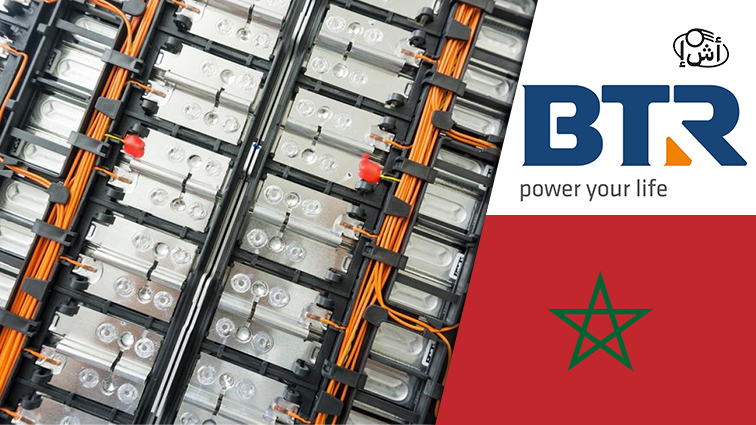The Moroccan government has approved a project by China’s BTR New Material Group to build a plant to produce negative electrodes in Tangier, a key component of electric vehicle batteries.
The total cost of the project will be three billion Moroccan dirhams ($300 million), and production at the plant is expected to begin by September 2026, with 25,000 tons of electrodes expected to be supplied annually in the first phase, and this production will double in the later phases.
The move builds on Morocco’s strategy to attract emerging industries, strengthen its position as a hub for manufacturing and assembling electric vehicles, and boost the national economy by exploiting available raw materials, such as cobalt and phosphate, which form an important base for the battery industry.
The announcement comes as part of Morocco’s efforts to attract foreign direct investment, which increased by 21.2% in January 2024 compared to the same period last year, amounting to 3.6 billion Moroccan dirhams ($360 million).
Morocco is on track to increase public investment in infrastructure by 40% this year, with the aim of boosting growth and creating new jobs, especially in light of the increasing unemployment in the agricultural sector due to drought.
The Algerian President agrees with the leaders of four countries to establish a Maghreb entity
